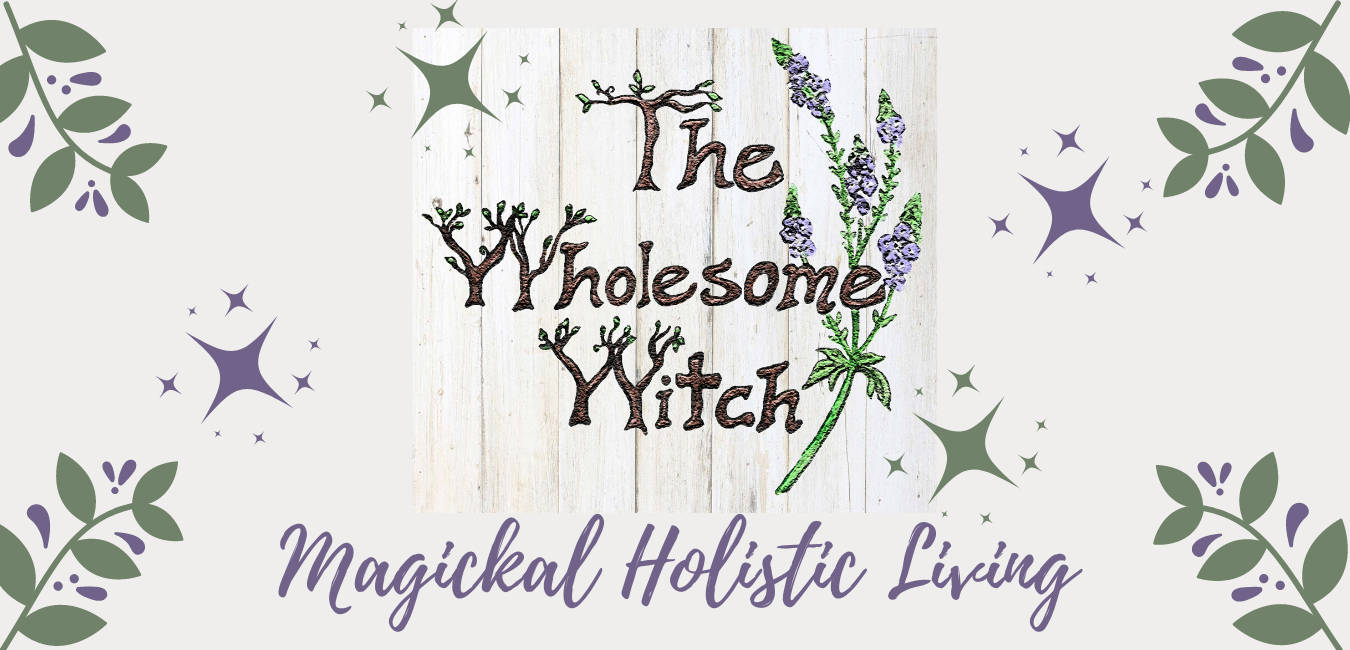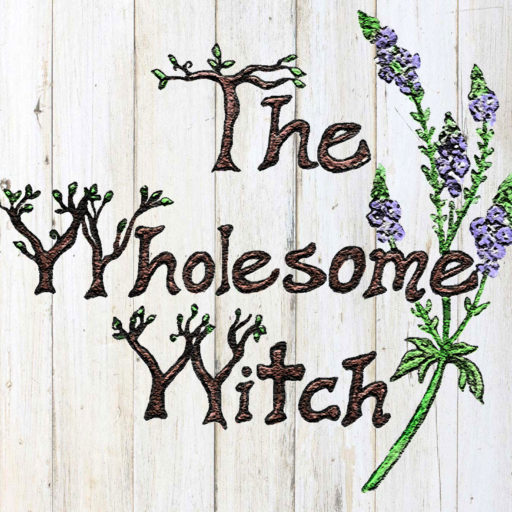Organic is a big, and often controversial, word these days, and it continues to gain momentum.
A lot of people are seeing organic food and products popping up everywhere and wondering should they make the switch. In short, yes!
People always have their own reasons for going organic. Maybe it’s their health, the environment, or even just following the trends.
My big one was getting my breast cancer diagnosis. Even though I was a fairly healthy individual pre-cancer, post-cancer I wanted to do everything in my control to limit my exposure to unnecessary toxins. Going organic became a big priority.
So, if you have been on the fence about the whole organic thing, read on to discover a little info and some key reasons to make the organic switch.
1 – Avoiding Harsh Chemicals
When you eat organic you’re not exposing yourself to a plethora of unnecessary, and harmful chemical concoctions.
The residues from these toxins remain on our food. And simply washing your produce isn’t enough to eliminate them.
Do we really want to be ingesting these chemicals with every bite of our apple?
Organic produce has strict regulations attached to them. Organic farmers are prohibited from using these harsher growing aids.
More natural methods must be used instead. Even though, pesticides are still used, they aren’t nearly as damaging as those of conventional farming.
Organic farmers are also not allowed to use synthetic fertilizers, or antibiotics as part of their growing process.
And this is not limited to our produce. If you eat meat and dairy, they should most definitely be bought organic.
Conventionally raised animals are pumped full of antibiotics, and growth hormones. Not to mention, are fed animal byproducts and GMO feed.
Ingesting the animal, dairy, or eggs from the animal, will mean that you are also getting all of these ‘delicious’ little extras.
Your own body chemistry will not understand these substances or process them properly.
This opens us up to a lot of possible health issues down the road.
Then of course there is the whole other topic of how inhumane factory farming methods are 🙁
Scientific research has shown many links to health problems from the way our food is produced. Headaches, compromised immune systems, hormone imbalances, and certain cancers, including breast and prostate, are just a few of them.
2 – Organic means GMO Free
Genetically Modified Organisms. They have been in the media a lot in recent years.
Calling them controversial is a bit of an understatement.
GMO’s are basically organisms that have been genetically manipulated in a lab. They are added to our food in order to optimize things like size, colour, durability, and shelf life.
This changes the genetic make up of the foods and, in turn, how our bodies process them.
Some commonly GMO foods include corn, soy, canola, potatoes, and cotton.
And let’s not forget about processed foods. Processed foods will almost certainly contain GMO ingredients. Buyer beware of foods with exceedingly long ingredient lists.
There are no credible research projects that have been conducted studying the effects of GMO’s on human health.
We are essentially all guinea pigs when it comes to eating GMO foods.
Organic products are prohibited from containing any GMO materials. So you know that by buying organic you are taking a big step in protecting yourself from them.
3 – Sustainability
Organic farming is a more sustainable practice than conventional farming.
Organic farming helps to nourish and rebuild soil, is healthier for our water supplies, contributes to greater bio-diversity and releases fewer green house gas emissions than conventional farming.
It is blindingly clear that we as humans cannot continue on the path we are on. We are destroying our beautiful earth’s eco-systems. Our incredible mother nature who has provided so well for us.
Choosing to eat organic is a step in the right direction to nutrient-rich soil, cleaner water, flourishing biodiversity, and an overall healthier environment.
Creating a happier planet for us all to enjoy.
4 – Treat Your Tastebuds
Simply stated, organic food is just more flavourful.
Organic produce may not be as brightly coloured or shaped as perfectly, but it is definitely what’s on the inside that counts.
Most likely, the higher amount of anti-oxidants in organic foods contribute to the fuller flavour. As well as the fact that the crops are grown in smaller amounts than their conventional counter parts.
Smaller yields means that more nutrients and nitrogen gets into each individual crop making for an all around better taste experience.
5 – Organic Foods Are More Nutrient Dense
Along the same vein as more flavourful, organic produce has been shown in studies to be more nutrient dense than non-organic.
This is especially true when it comes to anti-oxidants. Many studies in the past have been done that have not shown much difference in the way of nutrient density.
However more and more studies are being conducted with the evidence mounting on the side of organic. Such as this study posted in the British Journal of Nutrition here.
Essential minerals, antioxidants, and vitamin c are among the nutrients presenting at higher concentrations.
More bang for your nutrient buck so to speak.
The Organic Cost
For a lot of us the major barrier to buying organic is the cost.
Believe me I hear you. My household is not one with a high income. I do however make the food I put into my body, and that of my family, a top priority.
There are ways to eat organic and not go for broke; shop the sales at your local super markets, buy items close to their best buy dates at a discount, buy directly from the farmers, and eat what’s in season.
It may take a little extra effort to source out the best organic deals in your area, but I promise you, it’s worth it. And it doesn’t have to be an all or nothing situation.
If you can’t afford to buy everything organic (really most of us can’t!), focus on the Dirty Dozen.
Every year the EWG (Environmental Working Group) publishes it’s list of the ‘dirtiest’ foods at your local markets. Those with the highest chemical count. These are the ones to focus on getting organic.
You can find the complete 2021 list HERE.
Final Tidbits
Now these are really just a few of the reasons to make the switch over to organic. There are many more!
And if my little post here isn’t enough to convince you there is tons of research online. Dig in a bit, educate yourself, and feel good about the decision your making.
Try these resources for a deeper dive:
Talk to me!
So, are you ready to maybe start switching some things over? Is there one thing that really speaks to you? Or maybe you already eat organic and have some savvy shopper tips of your own? Post a comment, or connect with me on social media. I love to hear your thoughts!
And Remember!
If you enjoyed this post, SUBSCRIBE to my newsletter for more witchy wellness tips and you will receive my Wholesome Kitchen Clean-up Guide, and a 20% OFF discount code to my digital shop as a THANK YOU for joining my little internet community <3
Until next time pixie doll!
Yours in health and magick,
Krystle xo








